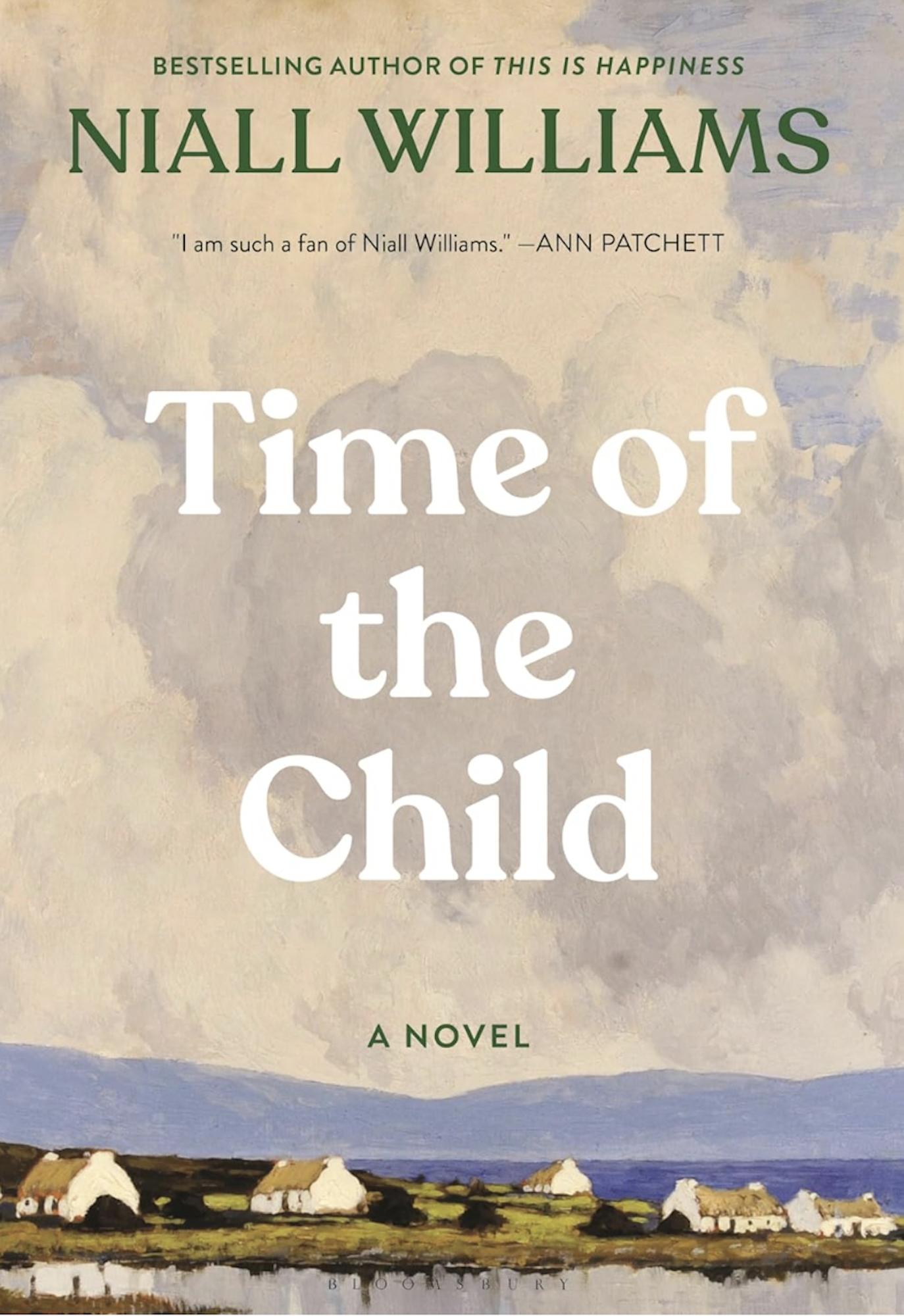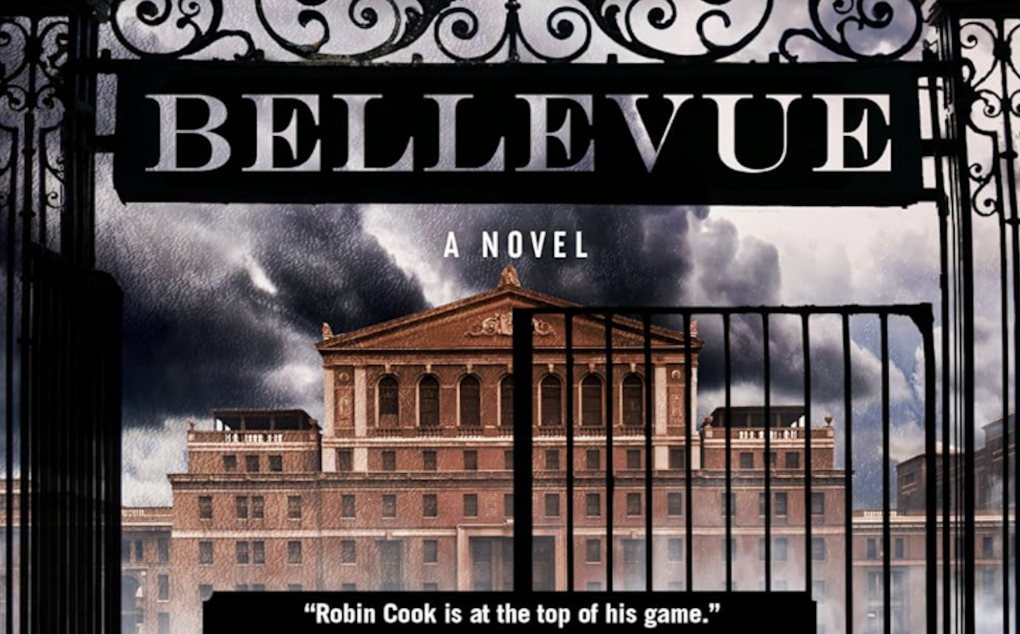Dr. Troy has become haunted by despair and by a particularly heartrending question: “Why does no one love my daughter?” The answer, he fears, is his own glowering presence that may have repelled one especially promising suitor.
Inspired by what we’re told is a “mixed fuel of … brandy … [and] a parent’s fear of the unmade world after them,” Dr. Troy, uncharacteristically, resolves on a bizarre scheme to make things right. As the saying goes: “Man plans, God laughs.”
Instead of unfolding the Troy family narrative chronologically, Williams layers it on top of other simultaneous storylines, all of which are graced with language as bracing as salt spray from the chill Atlantic. We follow, for instance, the wanderings of Jude Quinlan, a 12-year-old “on the rope-bridge between man and boy.”
Jude’s father drinks and gambles and his mother, Mamie, possesses “the anxious look of one married to an instability.” Listen to how Williams moves fluidly from the mundane to the wider lens of the numinous in these snippets from an extended passage where Jude helps to unload a van full of Christmas toys for the town fair:
There were toy soldiers, kits for flying gliders, … skittles in a net, balls, bats. … dolls of one expression but many dresses, …
For Jude, carrying everything from the van … was as close has he would get to handling any of these things. He had no resentment or bitterness. Rather, from nearness to the marvelous something rubbed off on him …
The other thing, the one that only occurred to him years later when he would recall what happened that day, was that what he was carrying out of the van that December morning was his childhood.




